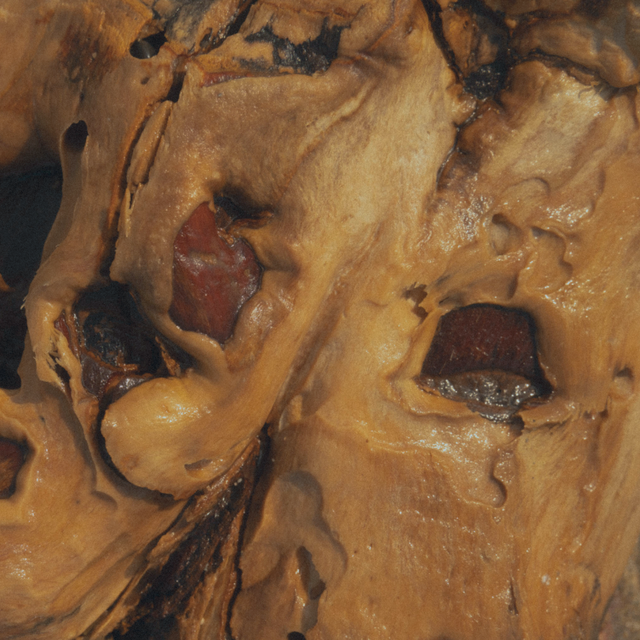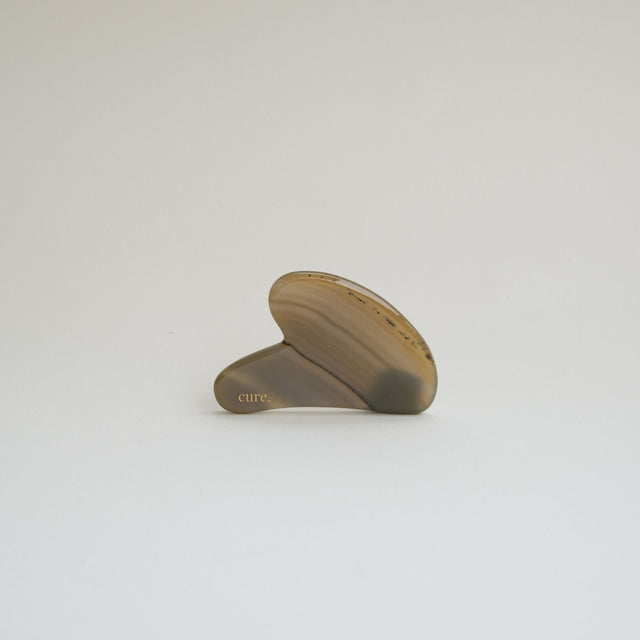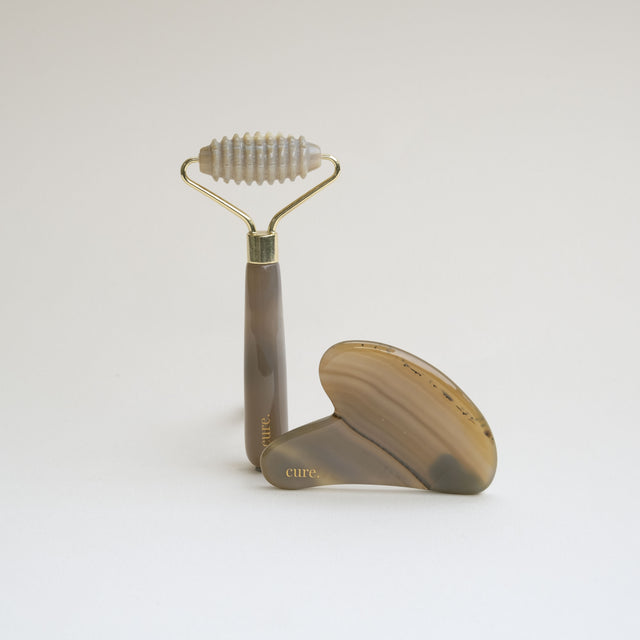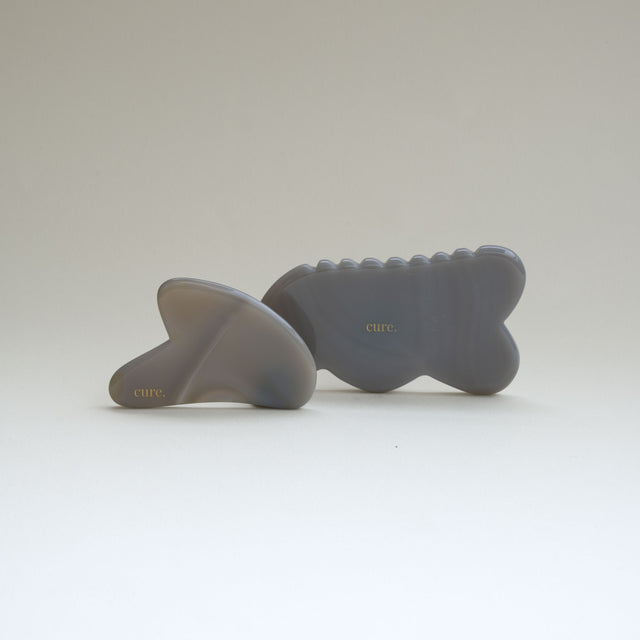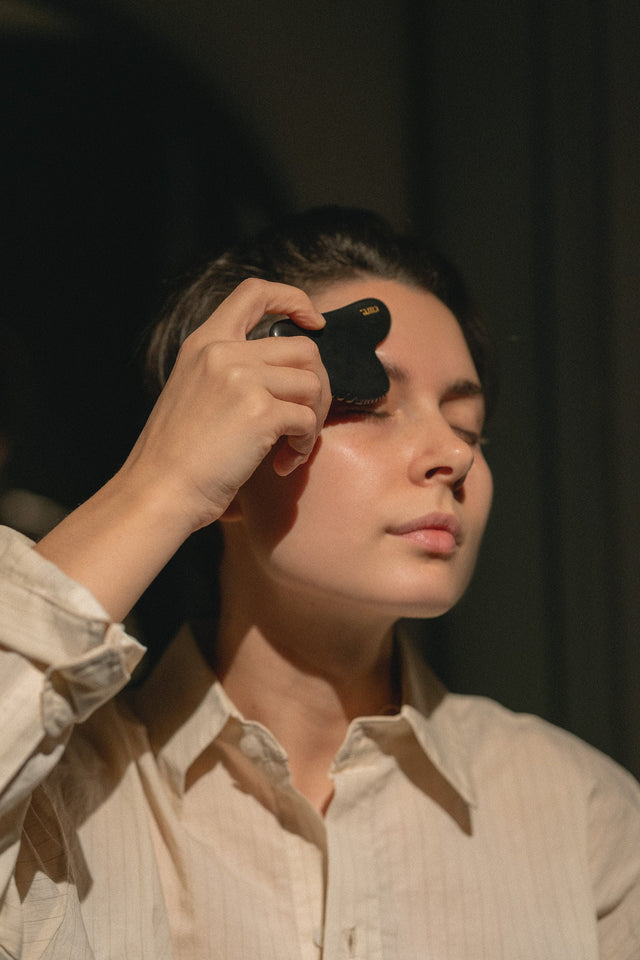Telomeres: what are they and how do they affect aging
Have you ever wondered why some individuals maintain a youthful appearance well into their mature years, while others show visible signs of aging as early as their 30s? The answer lies in a fascinating aspect of our genetic makeup – telomeres. These tiny end-caps on our chromosomes play a pivotal role in the aging process.
Our body's cells possess a limited capacity for division. Once this threshold is crossed, the body's regenerative abilities decline, leading to the onset of aging. Typically, this occurs after 40-50 divisions, but there are cases where cells can divide 60 or even 70 times. However, the number of divisions a specific organism can undergo depends on telomeres – the tiny segments at the ends of chromosomes.
While telomere length is not the sole indicator, it serves as a significant marker for both the duration and quality of our lives. Genetics largely determine initial telomere length. Although we cannot directly elongate telomeres, we do possess the power to influence the rate at which they shorten.
One of the primary adversaries of telomeres is persistent stress. Remarkably, studies reveal that our perspective towards challenges is a critical factor. Those who view complex situations as surmountable obstacles tend to exhibit better overall health. Thus, a constructive mindset towards life's trials contributes to the preservation of youthfulness.
Another factor contributing to telomere shortening is exposure to harmful substances, including the notorious culprit – tobacco smoke. Telomeres in smokers tend to be shorter than those in non-smokers.
Preserving telomeres is the main anti-aging advice provided by geneticists. Interestingly, this isn't difficult, and the following factors positively influence telomeres:
- Physical activity. Engaging in just 10-15 minutes of light exercise daily can counteract the effects of stress. It's beneficial to engage in various types of activities rather than focusing on just one sport.
- Moderate and balanced diet. Overeating has a negative impact on telomere length.
- Omega-3 and vitamin D. Research suggests that individuals with optimal nutrient levels boast longer telomeres. Always consult a healthcare professional before supplementing.
- Reducing stress levels. While stress is inevitable, altering your approach to stressors can make a world of difference. Master the art of managing stress to unlock the doors to lasting youthfulness.

